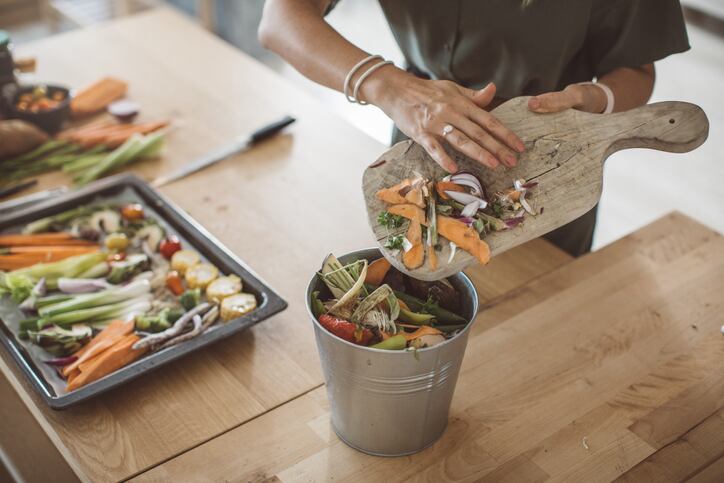According to the 2021 Sustainable Market Share Index released by NYU Stern Center for Sustainable Business and IRI, sustainably marketed products across categories quickly are gaining market share, outpacing their conventional counterparts in growth and dollar sales and delivering an outsized impact on overall CPG market growth.
Across categories, sustainably-marketed products captured 16.1% of market share in 2019, up from 13.7% just four years earlier, Randi Kronthal-Sacco, senior scholar, marketing & corporate outreach at NYU Stern Center for Sustainable Business, revealed during a recent webinar co-hosted by research partner IRI.
While she acknowledged this growth was “a bit smaller than what I had hoped,” she noted that sustainably-marketed products “disproportionately contributed to CPG growth so that 55% of all CPG market growth was from the 16.1% of sustainably marketed products.”
Sustainably-marketed products also grew 7.1 times faster than their conventionally-marketed counterparts and 3.8 times faster than the CPG market with a four year compound annual growth rate of 5.86% compared to 0.83% of conventional marketed products and 1.56% of the total market.
This is “incredibly important … not just for our industry and CPG, but also related industries,” Kronthal-Sacco said, adding: “I’ve gotten calls from a lot of financial institutions, whether it be asset managers, private equity, investment banks, all of whom were interested in investing in companies and holding companies that are providing the growth.”
COVID has turbo-charged consumer interest in sustainability
Like many trends impacting food and beverage, the pandemic has accelerated consumer interest in sustainably marketed CPGs, according to the research.
In March of 2020, when the pandemic first hit, sales of sustainably marketed products shot up 40% -- about 6% higher than total category sales. And while this dropped off significantly in mid-April, sales of sustainably marketed products remained elevated over pre-pandemic rates and, for the most part, stayed higher than overall category rates.
“What that translates to as we look at 2020 is that [market share of sustainable products] is now growing again to 16.8%,” up from 16.1% in 2019, Kronthal-Sacco said.
Consumers are willing to pay more for sustainable options
Beyond market and sales growth, sustainably-positioned products in 2018 also commanded a premium price of 39% over conventionally-marketed products – an increase of 5.3 points since 2014, according to the research.
The extent of the price premium ranged 3% to more than 150%, with categories like coffee on the upper end of food at 100% followed by bottled juice at 80%, crackers and chocolate at 50% and soup, yogurt and bread in the mid- and upper 40% range, the IRI and NYU data reveal.
Only a few sustainably-marketed products sold at a discount, but notable among them was supplements, which trended down about 19%.
Among branded players, sustainably-marketed products grew more than seven times conventional options at 21.37% compared to 2.95% between 2014 and 2018 – indicating consumers’ willingness to pay higher prices, Kronthal-Sacco said.
Finally, she noted, sustainably-marketed products had lower price sensitivity in most categories, with food showing the greatest price leverage.
Combined, these factors suggest the extra effort it takes for brands to explain how their products are more sustainably crafted will pay off in the near and longer-term.



